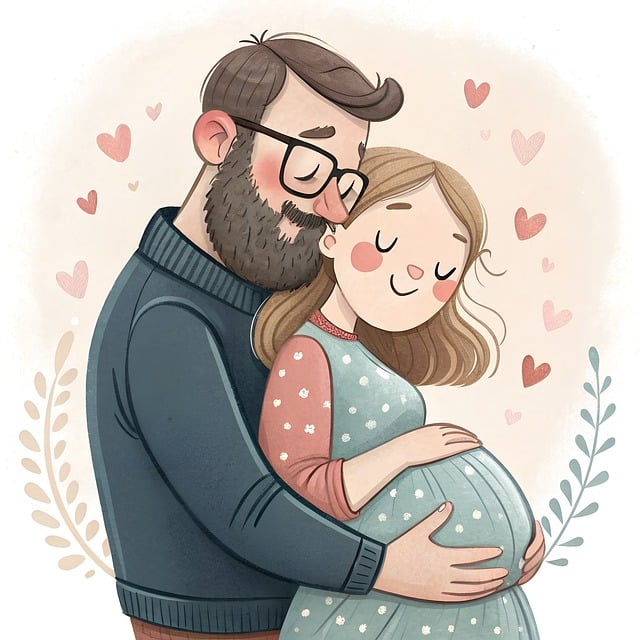Every year, a dedicated group from our clinic heads to the Pacific Coast Reproductive Society (PCRS) annual gathering in Palm Springs, CA. This event serves as a valuable educational platform for professionals in the field of infertility, including doctors, nurses, and scientists.
One of the standout discussions was led by Dr. Sarah Lee, who focused on “Counseling Couples Over 40 Years of Age.” She explored the psychological dimensions of fertility treatments and parenting later in life, particularly among those using donor eggs. Dr. Lee shared insights into how people perceive aging: many feel younger than their actual age, especially when compared to their parents’ experiences.
While it’s true that we’re healthier and living longer, the ideal age for having children hasn’t shifted. This perception can lead older patients to have unrealistic expectations about their fertility and the likelihood of conceiving with their own eggs. Media portrayals of celebrities having babies in their 40s or even 50s, often glossing over the fact that these children are typically conceived through donor eggs, can further mislead the public into thinking that conception at an older age is easily achievable with modern treatments.
Interestingly, the number of births to women over 40 has seen a significant rise. Between 1996 and 2008 in the U.S., there was a:
- 47% increase in births to women aged 40-44
- 133% increase for those aged 45-49
- 276% increase for women aged 50-54
Research indicates that psychological well-being during pregnancy for women over 40 tends to be good, with no notable uptick in immediate postpartum depression rates. However, as Dr. Lee pointed out, older parents often show less warmth towards each other, and older mothers may report higher levels of depressive symptoms.
On a positive note, older parents generally provide more financial stability and tend to be more patient and devoted to their children. However, a major concern is the potential impact on children regarding their parents’ longevity. Children of older parents often worry about the possibility of parental illness and death. For instance, a child born when their mother is 50 could be just 32 when she passes away or is unable to care for them. This concern can make these children feel like they may have to take on caregiving responsibilities at a young age.
Dr. Lee also highlighted a study with women who had their first child at an average age of 45. When interviewed at age 60, many mothers expressed feelings of fatigue and a sense of being different from their peers, who were often enjoying grandparenthood. The children in this study frequently expressed fears about losing their mothers early and were aware of the generation gap between themselves and their classmates. They also lamented not fully experiencing their grandparents’ presence or having very frail ones.
As a result of these findings, Dr. Lee urged that these psychological considerations should not only apply to families created through donor egg treatments but also to the growing number of women freezing their eggs for later use. We echo her concerns about the importance of mental health support for individuals seeking parenthood at an older age, which is why we advocate for counseling services.
If you’re interested in learning more about the differences between home insemination and intercourse, check out this insightful post. And for those looking for reliable resources on pregnancy and donor insemination, you can visit this excellent guide.
In summary, while later parenting can come with its own set of psychological challenges, many older parents also bring valuable strengths to their families. It’s crucial to address these aspects, especially as trends in parenting age continue to evolve.

